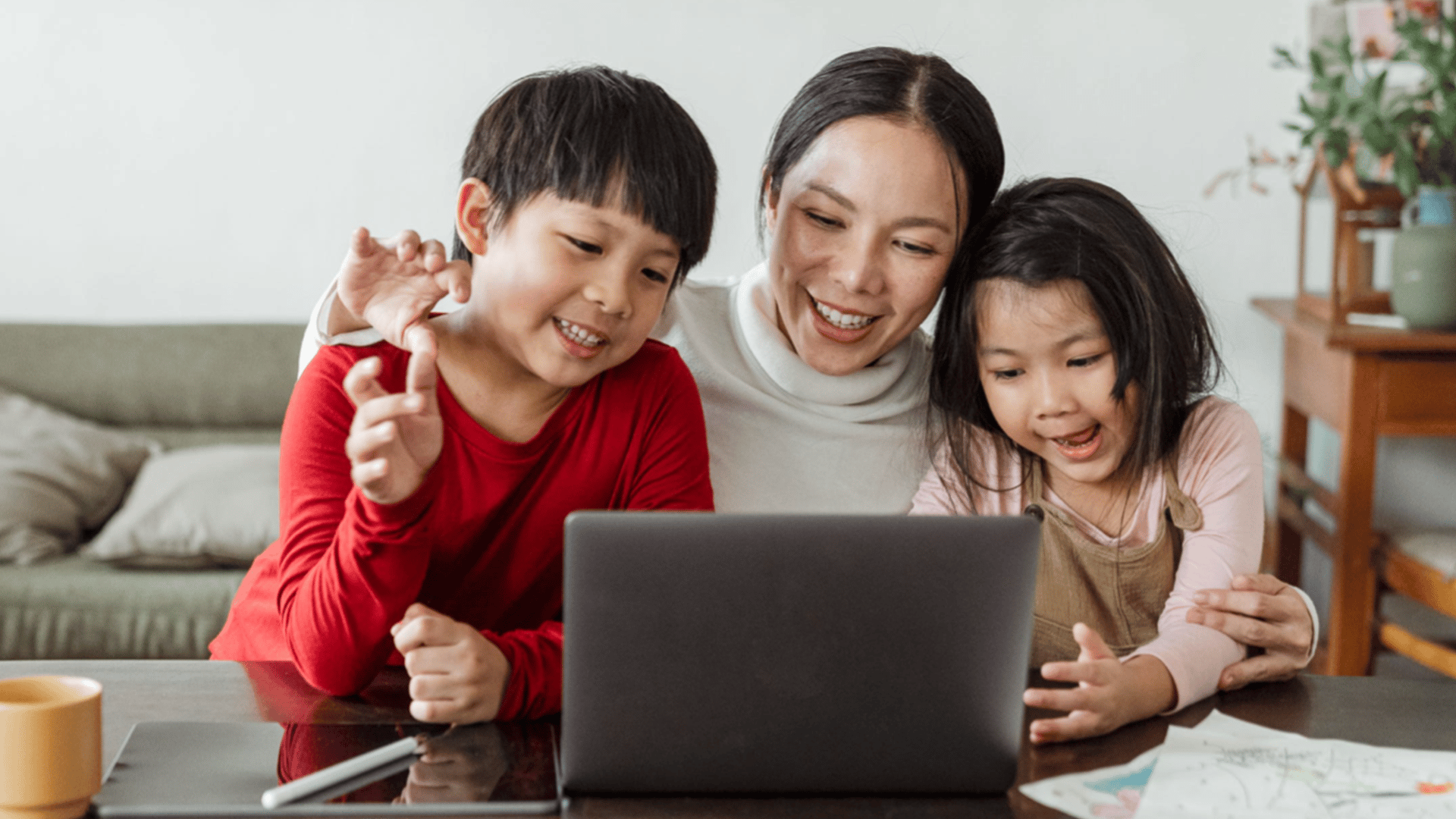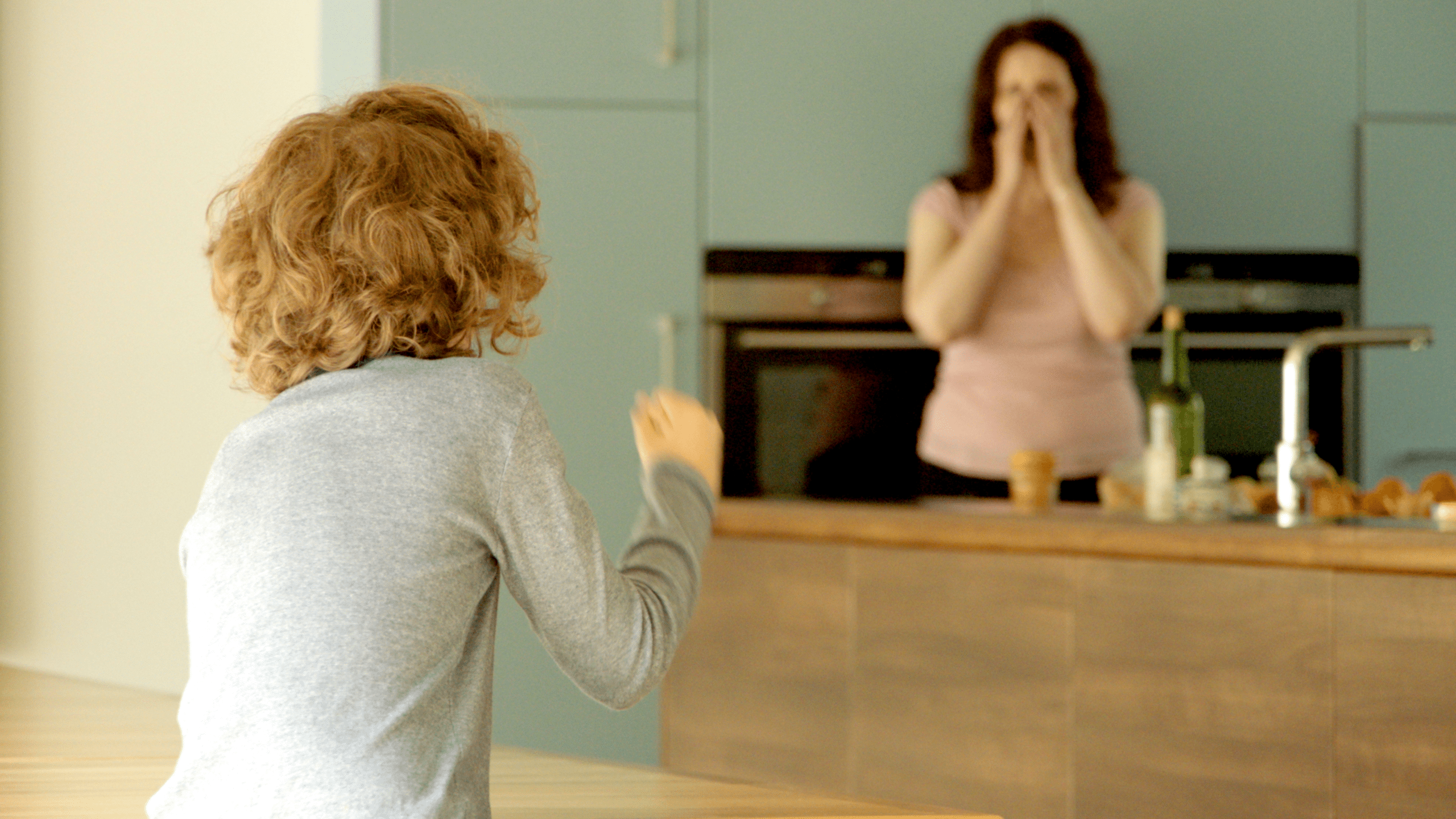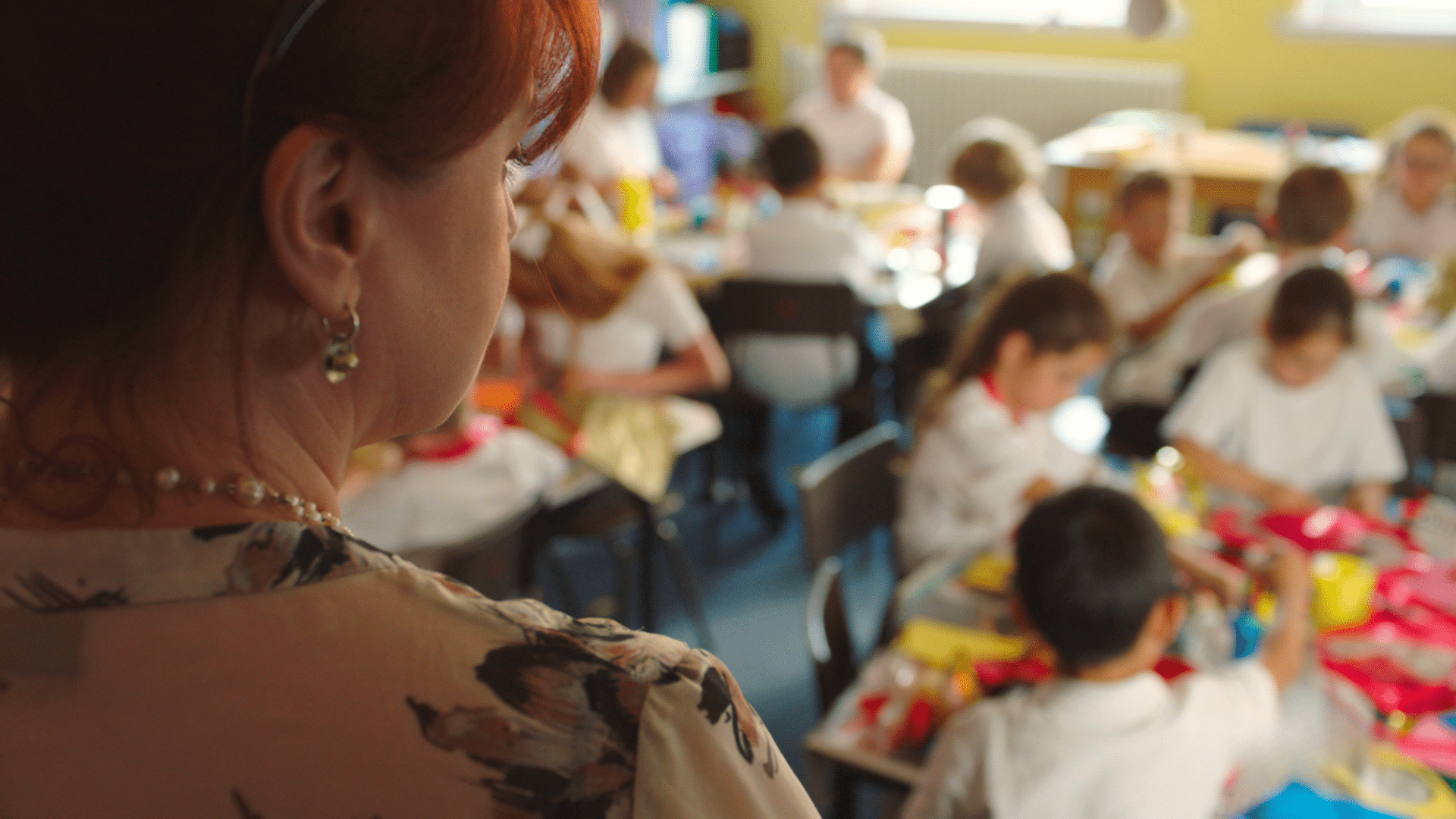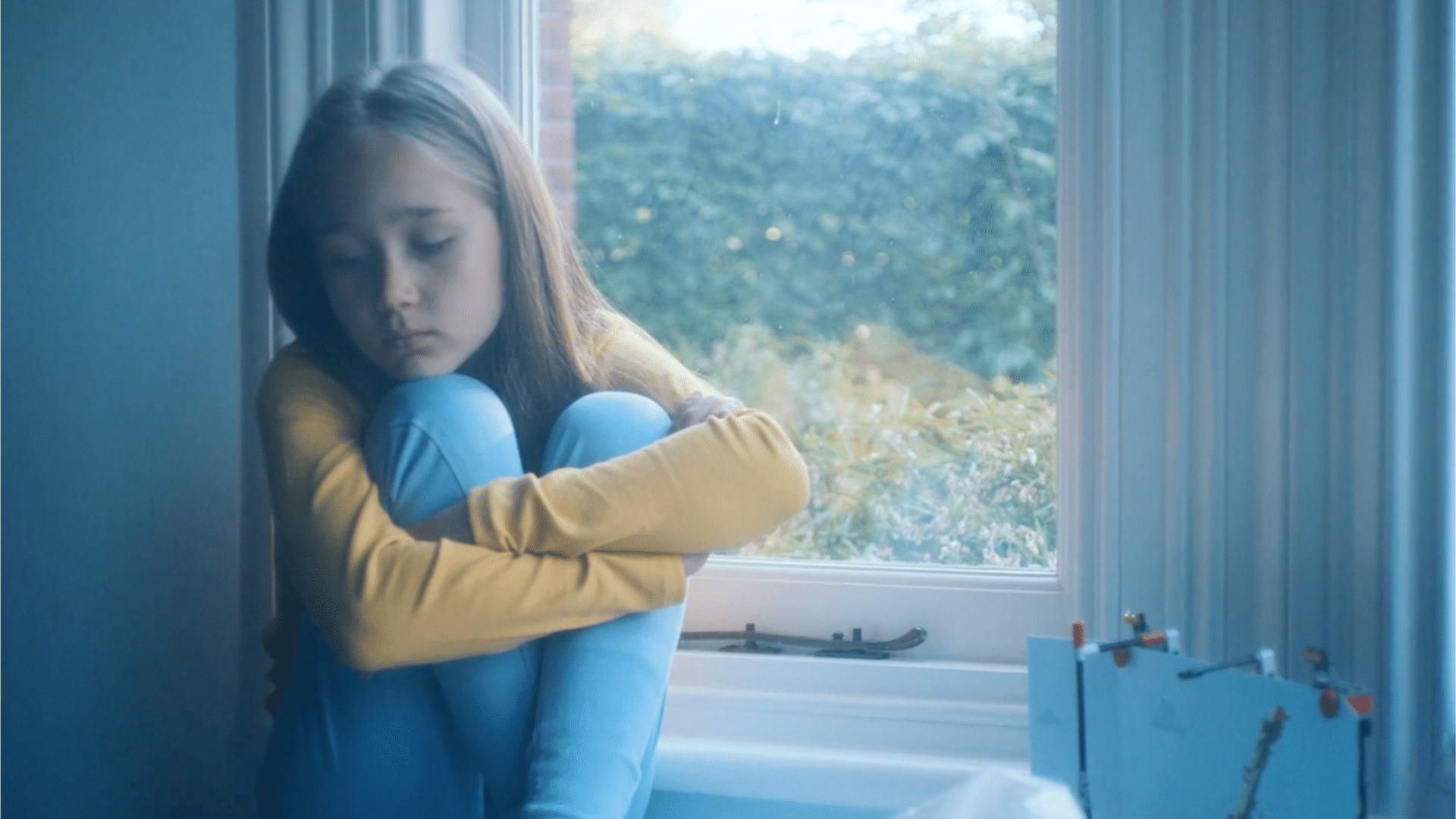
The below three quotes were taken from our video ‘Children’s Voices: Coronavirus’, where we spoke with a group of children from different backgrounds, in order to gain a broader understanding of children’s mental health resources and how they view the pandemic and the impact of the virus on their lives.
“It’s something that you can catch, and it’s not nice”.
“It has made my friends not be able to visit, and I can’t visit them, and I miss my friends so much […] I can’t do most things”
“I just feel a bit lonely”
COVID-19 and its continual spread has meant that children of all ages, including those at the most crucial stage of their intellectual and social development, have been kept away from their schools, extended family, and their friends.
Guiding your child through home learning is not easy, so we have pulled together some of the main children’s mental health resources for support when it comes to helping and caring for your child’s learning and mental wellbeing.
Government Resources
The Government has created and shared a number of resources online which are targeted at parents undertaking home learning and seeking to guide their child through lockdown. Through their Coronavirus-specific page, you can discover a wide range of support hubs, including:
- The government’s own advice and information
- MindEd, an online educational resource for families
- Every Mind Matters, an NHS drive
Learning hubs
From the BBC Bitesize learning centre to Joe Wicks’ at-home PE sessions, there are a ton of resources online which can help guide home learning and ensure that your child is able to benefit from a variety of learning styles and activities designed to stimulate their mind.
Nip in the Bud
Here at Nip in the Bud, we shine a light on activities that can help safeguard your child’s mental health, as well as exploring the signs to look out for which could indicate your child is struggling – and, crucially, what to do if they are. Our blog and online fact sheets are full of useful resources and ways in which you can support your child, from physical movement through to talking and acknowledging emotional changes.
For more support and information on children’s mental health resources, visit our website today or get in touch.





